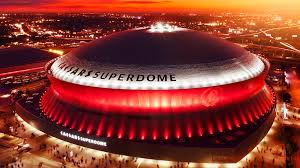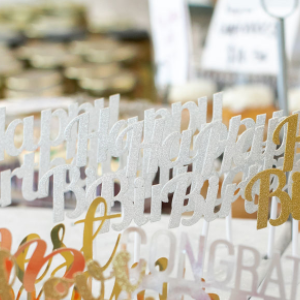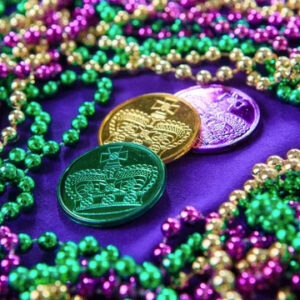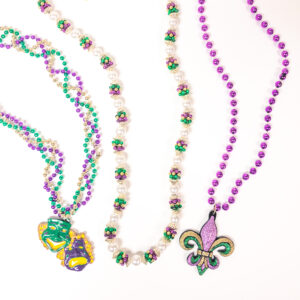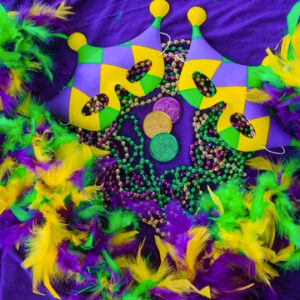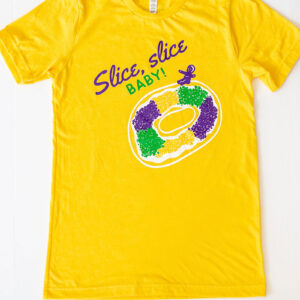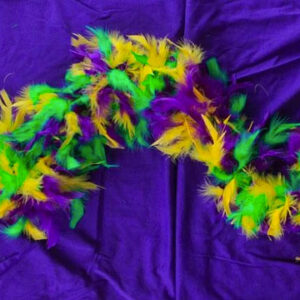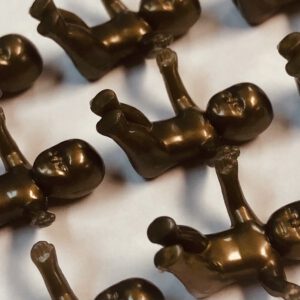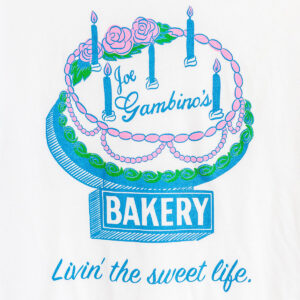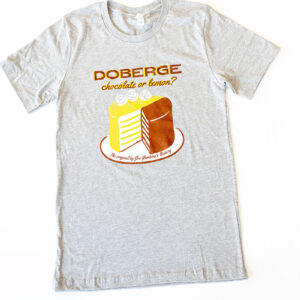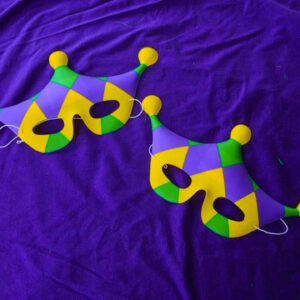On Sunday, February 9, New Orleans is hosting its record-tying 11th Super Bowl. If the previous ten New Orleans Super Bowls are any indication, it’s going to be a spectacle full of memorable moments.
In our previous post, we covered the events surrounding Super Bowl IV, the first time our city hosted the big game. It included a trash-talking newspaper editor, a halftime Battle of New Orleans reenactment, and even a hot air balloon crash!
In this article, we’ll look at the next nine times the Crescent City has played host to one of the world’s biggest sporting events. From unmatchable halftime shows to gripping on-field drama to an unexpected blackout, the Super Bowl in New Orleans is no stranger to thrills.
Super Bowl VI: January 16, 1972
Only two years after hosting its first Super Bowl, the Big Easy was awarded the opportunity to host a second time. Once again, the game was held at Tulane Stadium, as the Superdome was still years from being built.
Dallas and Miami were both considered heavy favorites to host the Super Bowl. However, New Orleans won a dark horse bid when it was pointed out that both the Cowboys and Dolphins (teams from Dallas and Miami) were also considered favorites to have successful seasons and reach the game. Owners were worried one of these teams would have a competitive advantage if they played at home so, on a 14th round of voting, New Orleans was selected.
The Cowboys and Dolphins did, in fact, make the Super Bowl and the main storyline was around how Dallas could never win the biggest game. They were called “Next Year’s Champions,” poking fun at how they could never seem to bring a trophy home.
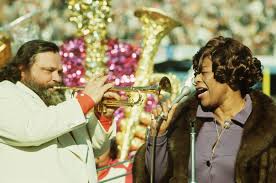
The day was unseasonably cold. A kickoff temperature of only 39 degrees means it remains the coldest Super Bowl ever played. The Cowboys, however, were hot. They won their first championship in years—Super Bowl or otherwise.
Louis Armstrong, who had passed away just months earlier, was the theme of the halftime show. He was honored by an all-star cast of local musicians such as Ella Fitzgerald, Danny Barker, and Leroy Jones.
Super Bowl IX: January 12, 1975
This is the last professional football game ever played at Tulane Stadium as the Superdome was set to open the following season. It was a match-up between two future Hall of FAme quarterbacks, Terry Bradshaw of the Pittsburgh Steelers and Frank Tarkenton, as well as two renowned defenses: Pittsburgh’s Steel Curtain and Minnesota’s Purple People Eaters.
While we already mentioned that Super Bowl VI was the coldest Super Bowl ever played, this was the second coldest. And overnight rain produced slick conditions. In fact, this was the last time a Super Bowl would be played in inclement weather for 30 years!
The NFL’s championship game was gaining popularity, with The Mary Tyler Moore Show airing an episode about the Super Bowl—particularly betting on it. Jazz legend Duke Ellington had died the year before, so the halftime show was a tribute to the jazz composer, pianist, and bandleader. It featured the Grambling State University Band and Ellington’s own son.
As for the game, the pundits were right. It was a battle of defenses and only two points were scored in the first half. Ultimately, however, the Steelers beat the Vikings 16 – 6.
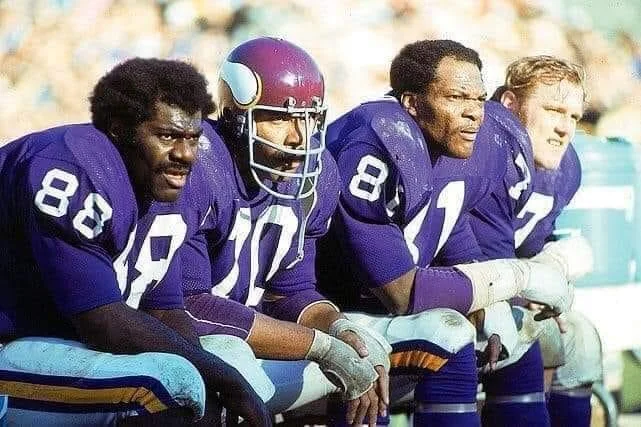
Super Bowl XII: January 15, 1978
This was the first Super Bowl ever played in the Superdome. Actually, it was the first Super Bowl to be played in any Dome. It also happened to be the first time the game was played during primetime in the eastern time zone.
This year, it was All in the Family that featured the game in their show. In an episode called “Superbowl Sunday,” Archie Bunker rented a big screen TV at this bar “Archie’s Place” and sold ham sandwiches for $2. Later, two robbers steal from the bar’s patrons and humiliate them by having them all put down their pants at the end of the game.
On the field, the drama was centered on Craig Morton, the former quarterback of the Dallas Cowboys. He was now playing for the Denver Broncos. Their opponent was the Cowboys, now led by their new QB Roger Staubach. Just like he won the starting job in Dallas, Staubach once again beat Morton (and his Broncos). The score was 27-10.
Super Bowl XV: January 25, 1981
It was just five days after the Iran Hostage Crisis had come to an end, giving the game an especially patriotic feel. The pregame festivities honored the end of the crisis. An 80-foot long and 30-foot wide yellow bow was attached to the outside of the Superdome. Additionally, miniature bows were given to each fan and every player wore a yellow stripe on the back of their helmets. “Mardi Gras Festival” was the halftime show.
This time the main football-related storyline was how one of the competing teams—the Oakland Raiders—would be moving to Los Angeles before the start of the 1982 season. The NFL didn’t want to see one of its historic franchises leave Oakland, but Raiders’ owner Al Davis sued the league and eventually won. The relationship between Davis and NFL Commissioner Pete Rozelle was tense and the media openly wondered if Rozelle would present the Vince Lombardi Trophy to Davis should Oakland triumph in the game over the Philadelphia Eagles.
The Raiders became the first wild card team to win the Super Bowl, and the trophy presentation between Rozelle and Davis was surprisingly (maybe disappointingly) civil.
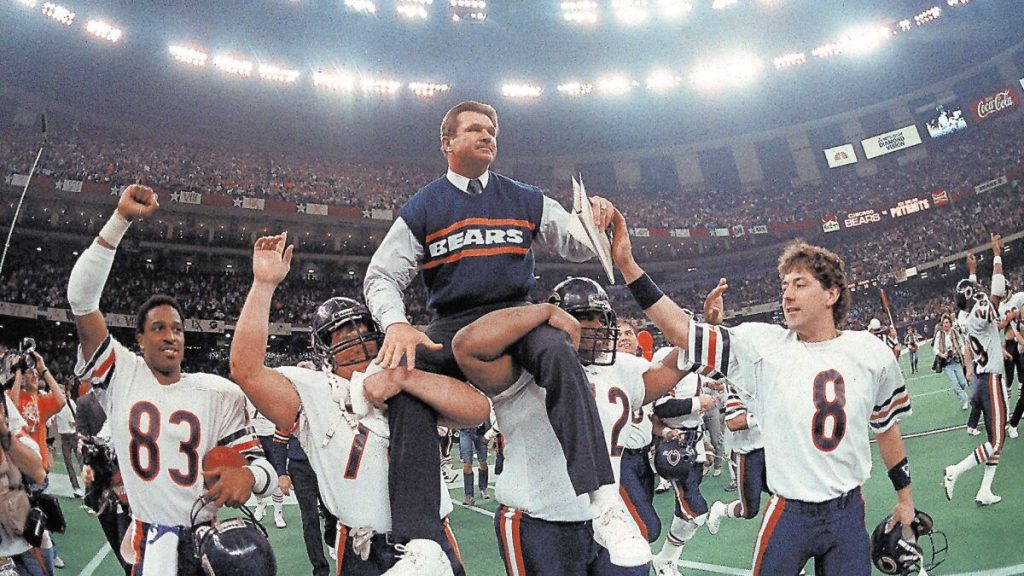
Super Bowl XX: January 26, 1986
In 1986, the Super Bowl was all about “Da’ Bears.” The team had gone 15-1 during the regular season before becoming the only team to shut out both of its playoff opponents. A few weeks earlier, the Bears had recorded the infamous—also hilarious—”Super Bowl Shuffle” rap.
Those Bears were up against the Cinderella story that was the New England Patriots. They eked their way into the playoffs as the second wild card before making it to Super Bowl XX.
But the Patriots’ Cinderella was put to an end by the Bears. Chicago’s vaunted defense sacked New England Quarterback Tony Eason seven times and held the Patriots to a total of only seven rushing yards!
Super Bowl XXIV: January 28, 1990
The next time New Orleans hosted the Super Bowl was an even bigger blow out. In fact, it was the largest margin of victory in the game’s history with Joe Montana’s San Francisco 49ers defeating John Elway’s Denver Broncos 55-10. Montana completed 76% of his passes on his way to his fourth Super Bowl win. The win took Montana’s record at the Superdome to a shocking 8-0 thanks in large part to the 49ers dominance over their then-division rival New Orleans Saints.
The pregame show was a salute to Mardi Gras, and the national anthem was performed by beloved local soul and R&B singer Aaron Neville. The local flair continued into the halftime show which was a tribute to both New Orleans and the 40th anniversary of the comic strip Peanuts.
The halftime show featured performances by three local natives—clarinetist Pete Fountain, fiddle player Doug Kershaw, and singer Irma Thomas. Local college marching bands from Southern University, ULL, and Nicholls State also performed. The finale featured a float decorated as a riverboat several stories high. It was so large the goal posts had to be removed from one end zone.
Super Bowl XXXI: January 26, 1997
This game would mark Brett Favre’s first and only Super Bowl victory. They would go on to defeat the New England Patriots, led by head coach Bill Parcells. Much of the drama leading up to the game was based on a report alleging strife between Parcells and Patriots’ owner Robert Kraft. It was believed Parcells would defect to the New Jersey Jets following the season. (He did, and refused to fly back to Boston with the Patriots following the game.)
Super Bowl technology was advancing, and this was the first broadcast to have a constant, live-updating graphic displaying the score, time, and down and distance.
The pregame show featured the multi-platinum smash hit and dance craze, “Macarena,” by Los del Río. Miss Louisiana 1996 Erika Schwarz Wright performed sign language alongside the national anthem performed by Luther Vandross. And, for the coin toss, the winning head coaches of the previous six New Orleans Super Bowls were featured. New Orleans had cemented itself as a staple of the Super Bowl.
Super Bowl XXXVI: February 3, 2002
Following the attacks of September 11, 2001, the NFL postponed a week of regular season games. As a result, the rest of the season—Super Bowl included—was pushed back a week, making this the first Super Bowl played in the month of February.
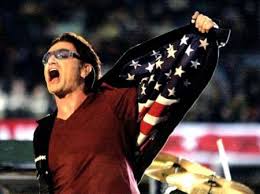
Patriotism and spectacle rang through the entire event with Mariah Carey and the Boston Pops performing the National Anthem, George H.W. Bush becoming the first president (past or present) to participate in a Super Bowl coin toss, and U2 performing a three-song set at halftime. During their hit song, “Where the Streets Have No Name,” U2’s lead singer, Bono, replaced the lyrics “take shelter from the poison rain” with “dance in the Louisiana rain” to loud cheering. At the conclusion of their performance, Bono opened his jacket to reveal an American flag printed into the lining. In 2013, Sports Illustrated ranked it as the best halftime show in Super Bowl history.
The St. Louis Rams entered the game as a whopping 14-point favorite, but three touchdowns prevented the team from scoring a touchdown until the fourth quarter. With the game tied 17-17, the Patriots marched down the field, led by a young Tom Brady, with less than one minute and 30 seconds remaining. In the final seconds of the game, the Patriots kicked a field goal, making it the first time a team won the Super Bowl on the game’s final play.
Super Bowl XLVII: February 3, 2013
For the first time in Super Bowl history, the game featured two brothers—Jim and John Harbaugh—coaching against one another. Before the game, it was nicknamed the Har-Bowl.
The Baltimore Ravens got off to a strong start, taking a first half lead of 21-6.
Beyonce headlined the halftime show, bringing back the other members of Destiny’s Child for a surprise performance.
But, unfortunately Super Bowl XLVII will also be remembered for what took place after halftime. The Ravens returned the opening kickoff for a record 108-yard touchdown, increasing their lead over the 49ers to 28-6. But then, the Superdome’s power partially failed. The power outage stopped play for 34 minutes, earning this Super Bowl another nickname: the Blackout Bowl.
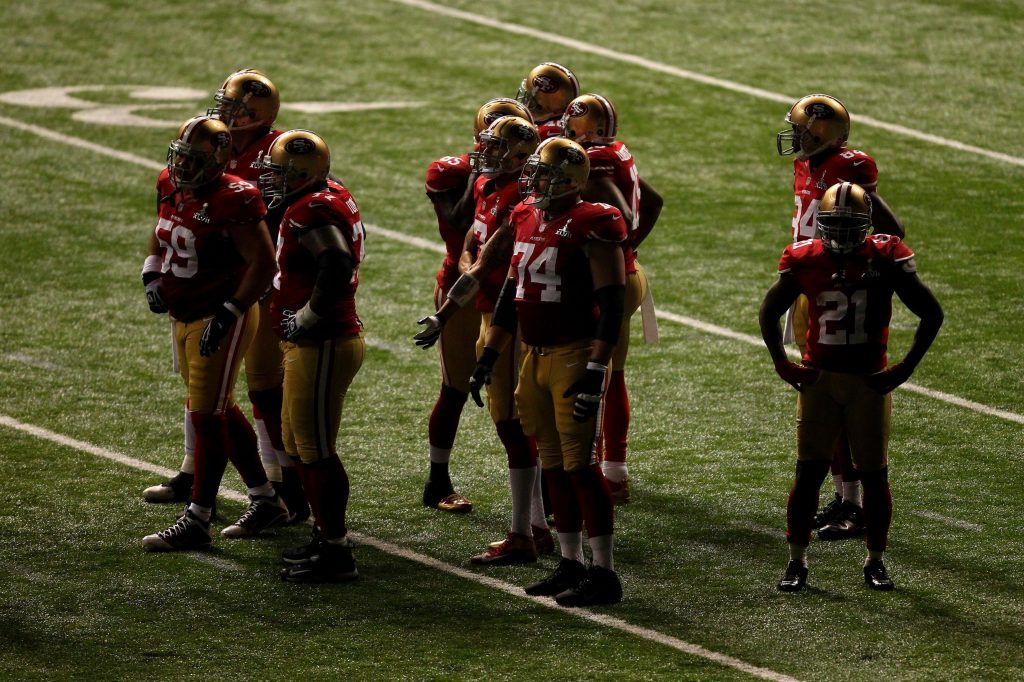
After the lights returned and play resumed, the 49ers roared back to as close as 31-29. In the end, the Ravens held on and closed out the game for a 34-31 victory, with big brother John defeating his baby brother Jim.
Super Bowl LIX: February 9, 2025
After a 12-year hiatus, the Super Bowl is back in New Orleans. We’re excited to build more great football memories as the Philadelphia Eagles take on the Kansas City Chiefs in the 59th iteration of the big game.





